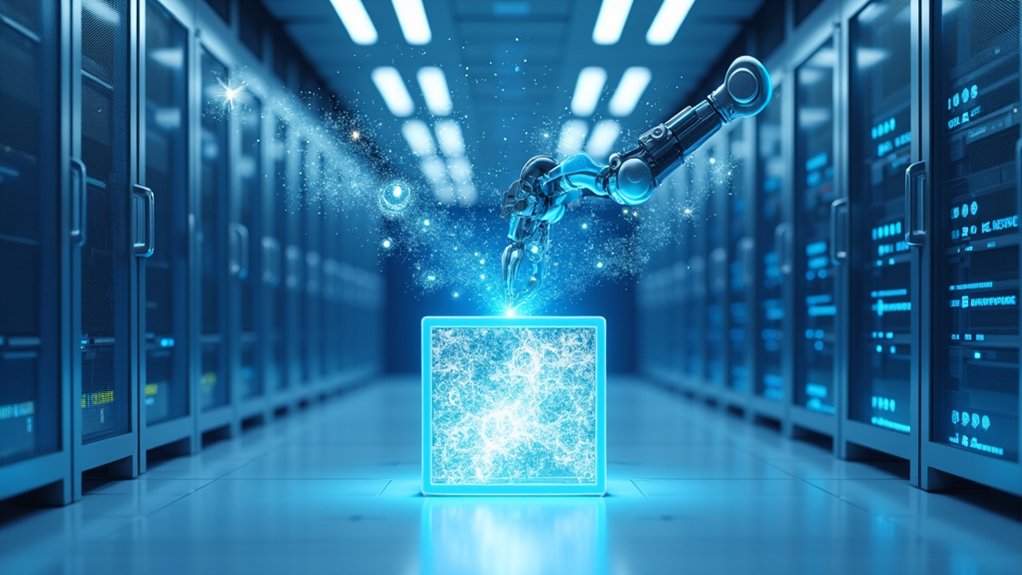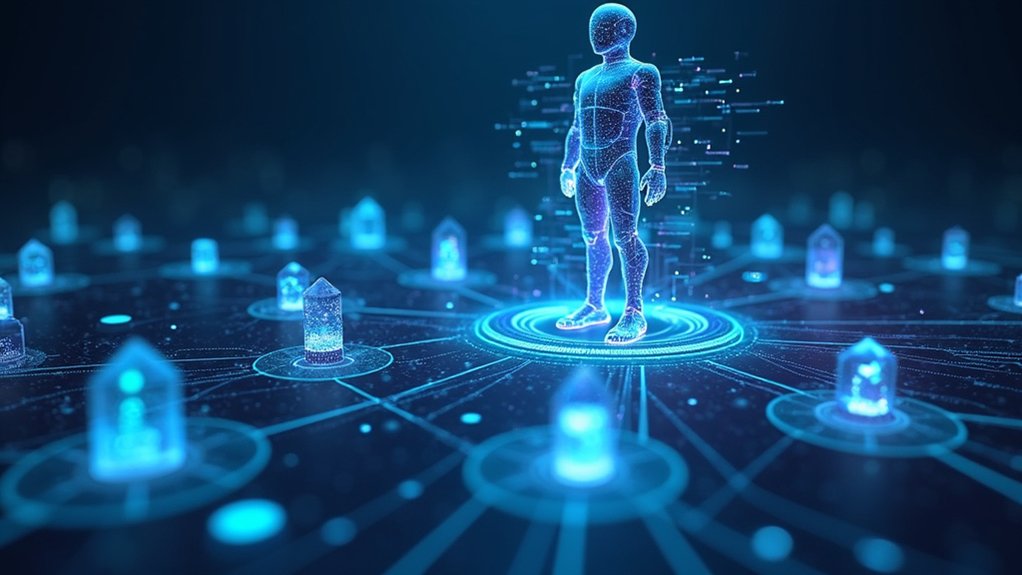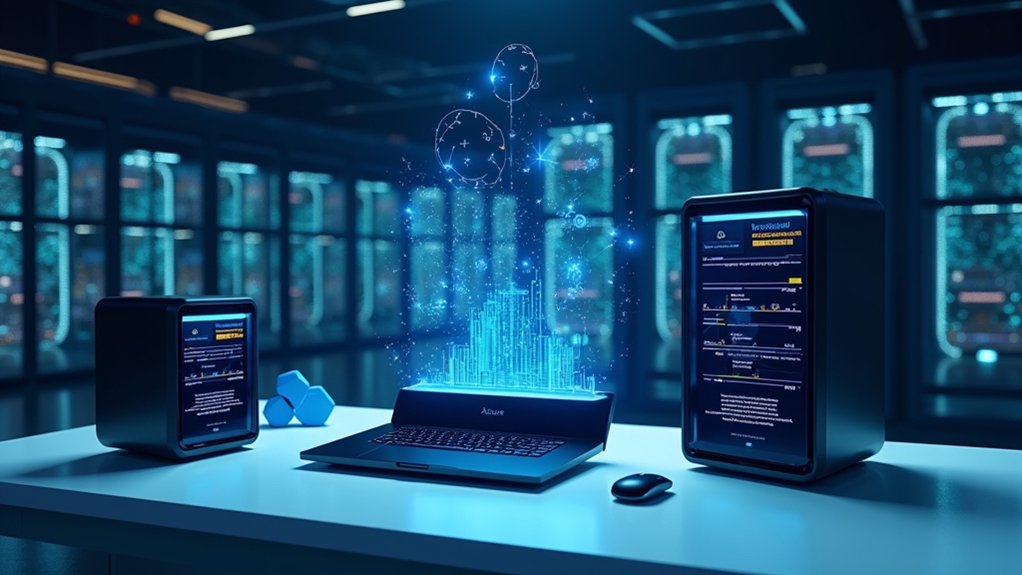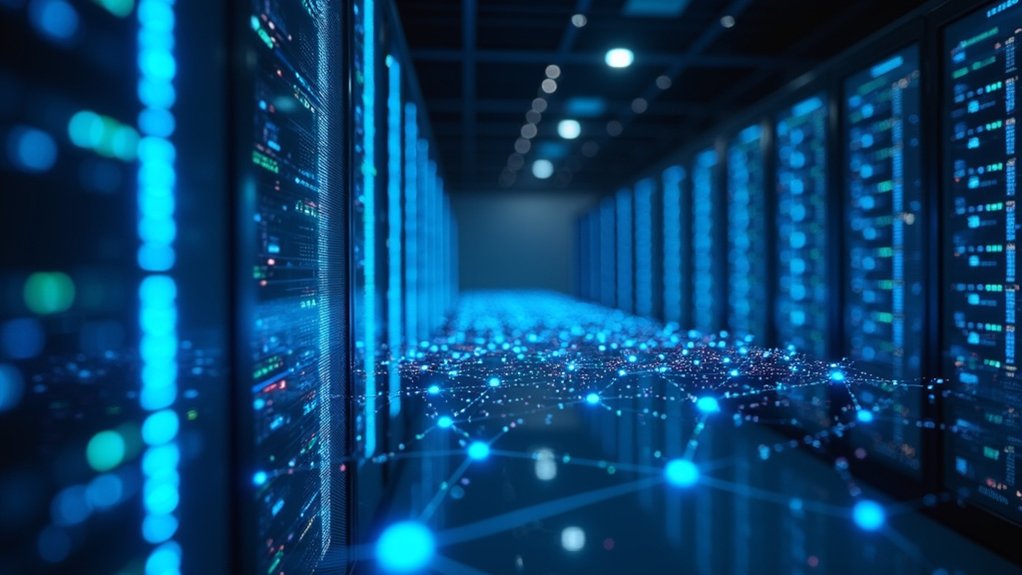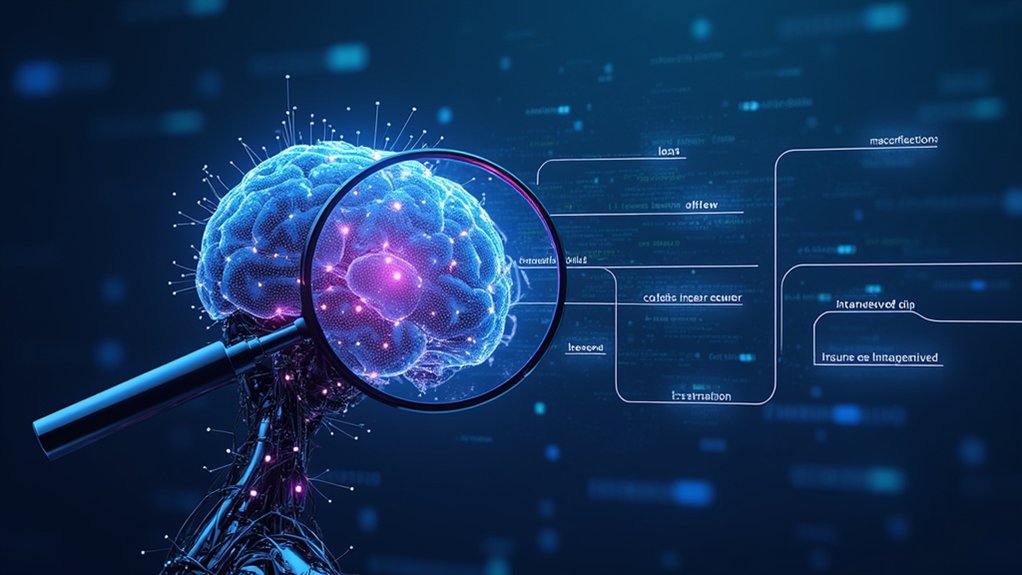OpenAI is a leading artificial intelligence research company founded in 2015. Led by CEO Sam Altman, it develops innovative AI technologies like ChatGPT, DALL-E, and Sora. The company shifted from a non-profit to a capped-profit structure in 2019, with Microsoft as a major investor. OpenAI focuses on natural language processing, computer vision, and AI safety. Their work continues to push the boundaries of what's possible in artificial intelligence.

Founded in 2015, OpenAI has quickly become one of the world's leading artificial intelligence research organizations. It was created with a clear mission to develop artificial general intelligence (AGI) that is safe and benefits all of humanity. The company began as a non-profit but changed to a capped-profit structure in 2019, allowing it to raise more money while still keeping its core mission intact.
Several notable figures were involved in OpenAI's creation. Sam Altman serves as the current CEO, while Elon Musk was a co-founder who left in 2018. Other key leaders include Greg Brockman as President, Ilya Sutskever as Chief Scientist, and Wojciech Zaremba as a Research Scientist. This team has guided OpenAI's growth into a pioneering force in AI development.
Under the leadership of minds like Altman, Brockman, Sutskever, and Zaremba, OpenAI has transformed into an AI pioneer.
OpenAI has created several groundbreaking AI products. Their GPT (Generative Pre-trained Transformer) series powers ChatGPT, a conversational AI that can answer questions and generate text. Other notable products include DALL-E for creating images from text descriptions, Codex for generating computer code, and Whisper for speech recognition. The company recently announced Sora, a sophisticated text-to-video model that represents their expansion into video generation technology.
The company focuses its research on several key areas including natural language processing, computer vision, robotics, reinforcement learning, and AI safety. This broad approach helps them advance AI technology on multiple fronts while considering ethical implications. Their GPT-4 model has demonstrated advanced reasoning capabilities by passing professional-level exams like the Uniform Bar Examination. OpenAI provides enterprise-grade security with data encryption at rest and in transit, ensuring customer information remains protected.
Microsoft has become a major investor and technology partner for OpenAI. The company also collaborates with academic institutions and makes open-source contributions to the wider AI community. These partnerships have helped expand OpenAI's resources and impact.
OpenAI has considerably influenced the AI industry by pioneering large language models and advancing generative AI. They've also sparked important discussions about AI ethics and safety.
Despite its success, OpenAI has faced challenges including controversy over its shift from non-profit to capped-profit, concerns about AI safety and potential misuse, debates on AI control, copyright issues, and internal leadership conflicts. These challenges reflect the complex landscape of developing advanced AI technologies.
Frequently Asked Questions
How Can I Invest in Openai?
Direct investment in OpenAI isn't available to regular investors as it's not publicly traded.
Accredited investors can access shares through private markets like Forge Global.
The main indirect option is buying Microsoft stock, which owns 49% of OpenAI.
Investors can also consider AI-focused ETFs that include Microsoft.
OpenAI plans to restructure as a full for-profit company in 2025, potentially changing investment opportunities.
What Programming Languages Does Openai Support?
OpenAI supports multiple programming languages for developers. Python is their primary language with an official library.
JavaScript/Node.js has full support through an official client.
C#/.NET offers strongly-typed access, especially with Azure integration.
Beta or community support exists for Java, Go, Ruby, PHP, and Swift.
This variety allows developers to integrate OpenAI's technology across different platforms and applications.
How Does Openai Compare to Google's AI Technologies?
OpenAI and Google's AI technologies compete in key ways. OpenAI focuses on general-purpose language models with frequent releases, while Google develops specialized AI for its products.
OpenAI offers paid APIs for developers, whereas Google integrates AI into existing services. Both companies invest in large language models and ethical AI development, though their approaches differ.
OpenAI emphasizes open access, while Google keeps some technologies proprietary.
What Are Openai's Data Privacy Policies?
OpenAI's data privacy policies include strict protections for user information.
The company collects personal data but doesn't sell it to third parties. Users can access, delete, or transfer their data, with requests processed within 30 days.
OpenAI encrypts information both in transit and at rest. The company follows major regulations like GDPR and CCPA.
Users can opt-out of having their data used to improve AI models.
Does Openai Offer Academic or Research Partnerships?
OpenAI actively partners with academic institutions through its NextGenAI Consortium. Launched in 2025 with $50 million funding, it connects with 15 research organizations.
The company collaborates with universities like Arizona State, Michigan, Duke, Oxford, and Virginia. These partnerships provide API access, compute resources, and research grants.
OpenAI's academic initiatives span healthcare, education, and digital humanities, while promoting ethical AI development and democratizing access across higher education.
